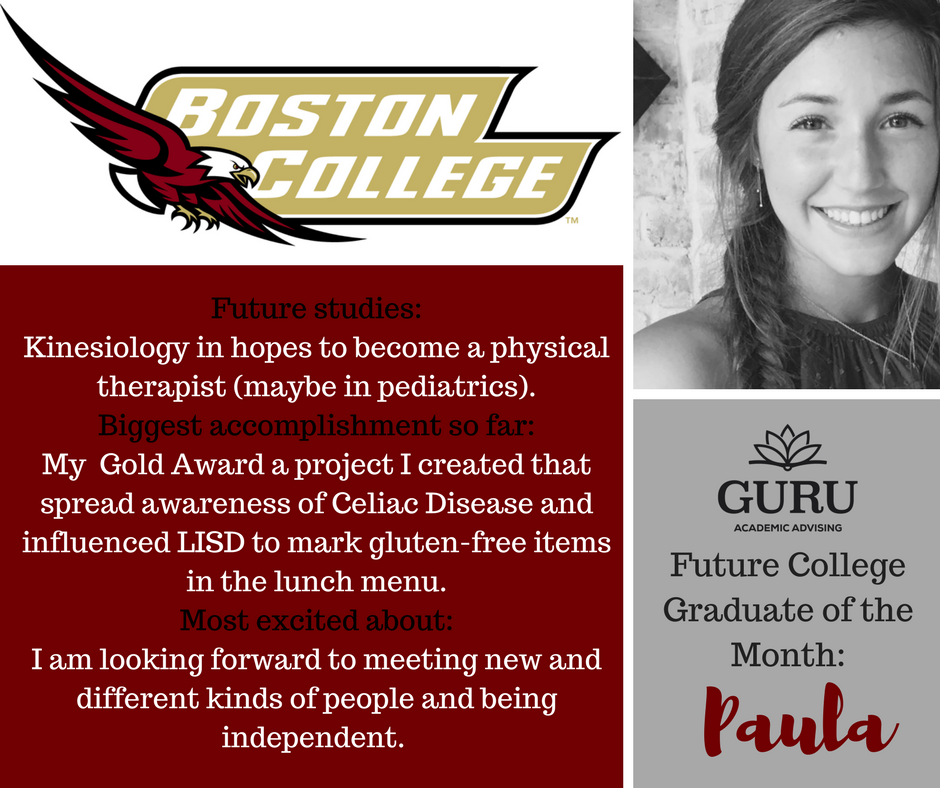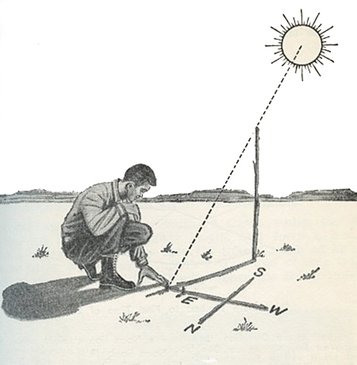“Tell us about the most significant challenge you’ve faced or something important that didn’t go according to plan. How did you manage the situation?” -- MIT
“The lessons we take from failure can be fundamental to later success. Recount an incident or time when you experienced failure. How did it affect you, and what did you learn from the experience?” – The Common App
“If you feel you are in a black hole, don’t give up. There’s a way out,” Stephen Hawking said. Describe a time you faced a problem that seemed impossible to solve. What did you do to find a solution?” – Oklahoma State University
These students wrack their brains, look at their resumes of successes, and freeze. The F-word! They cringe. Their whole lives they’ve successfully avoided any sort of failure (yes, that f-word) only to find it’s everywhere in their college essays! Is it a trick question? If they divulge a weakness are they dooming themselves to the “no” pile?
I’ve learned a few (well, actually a ton) of things having worked with students in the college application process for many years now. One of those things is that they don’t know how to fail, so when it does finally happen (and it will because life is full of failures), it’s debilitating—even crippling in many cases. Their self-image, self-worth, and self-confidence is blasted by what should be a normal engagement in appropriate exploration or risk-taking.
I’m saddened, deeply, when I hear of a student who diligently worked on an application for a summer research fellowship, gathered her materials and letters of recommendations, wrote and rewrote her essay with insight and depth of thinking, only to open her email to see, “On behalf of the admissions committee we wish to thank you for your application…” But I’m alarmed when the student devolves to tears and isolates herself for the following week, neglecting her studies and other activities.
Or when a student is not selected for a scholarship when one of their “less talented” peers is, and refuses to apply to anymore believing it’s a waste of effort and time.
Many students haven’t been taught they are not entitled to opportunity. In the great big world of adult-life, hearing “no” is normal. Think about what we know to be true (and important) in our lives as capable adults. When you are job hunting, do you send out one resume and wait expecting a yes answer? Do you expect even a response to each resume you send out? No.
Do we only begin only those things which offer us a guarantee of success—do we want that for ourselves and our children? I’m decently confident the answer is no, and I think we as adults all understand and accept failure on a regular basis. But the question is this: how do we expect our children to do the same?
If we do not encourage and normalize failure in high school (or earlier), we are leaving them to figure it out on their own later in life – in situations that are less safe and more high stakes. Colleges know this, and they also know that failure is nothing to be ashamed of. Failure is the result of risk-taking, and exploration, and often curiosity. Failure is going to happen in college, in small, or maybe big, ways. And colleges want kids who are prepared to not only "deal" with that in a healthy way, but leverage the failure to improve themselves, their ideas, and their communities. Hence, there are lots of essays asking students to reflect on their failures.
Here’s my suggestion: normalize failure. Let your kids get used to hearing no. And let it sting. I have little kids, and already I know how difficult it is to see my child upset because I’ve denied her something that would make her genuinely happy. I imagine that gets even harder as they get even older and work for things they may not end up getting (leadership positions, summer opportunities, spots in an admitted freshman class at an Ivy League school). Don't swoop in to justify their shortcoming by blaming other factors to preserve their egos (and sometimes our own). Let it simmer and shake, then let them move on.
They will fail, and you will be there to teach them and help them understand the failure in context instead of be there to fix it for them, as much as you may want to (or be able to – that’s where this gets really tricky. When parents have the power to fix their student’s failures, sometimes that’s not in the long run the best thing for the student).
Teach them instead to see the “no” as an acronym (I’m about to get cheesy on you, watch out). N.O. stands for New Opportunity. If you can’t do the thing you wanted to do (you failed--I said it! And it's okay!), try something else out. There are many ways to reach success, and no one guarantees that the first thing you try is the thing that will work. Teach resilience by helping them learn how to use a growth mindset in which they learn to view failure as a New Opportunity (a N.O. moment--cheesy right? But kinda spot on).
The added bonus is that they will end up with a killer essay topic for their MIT application.



 RSS Feed
RSS Feed
